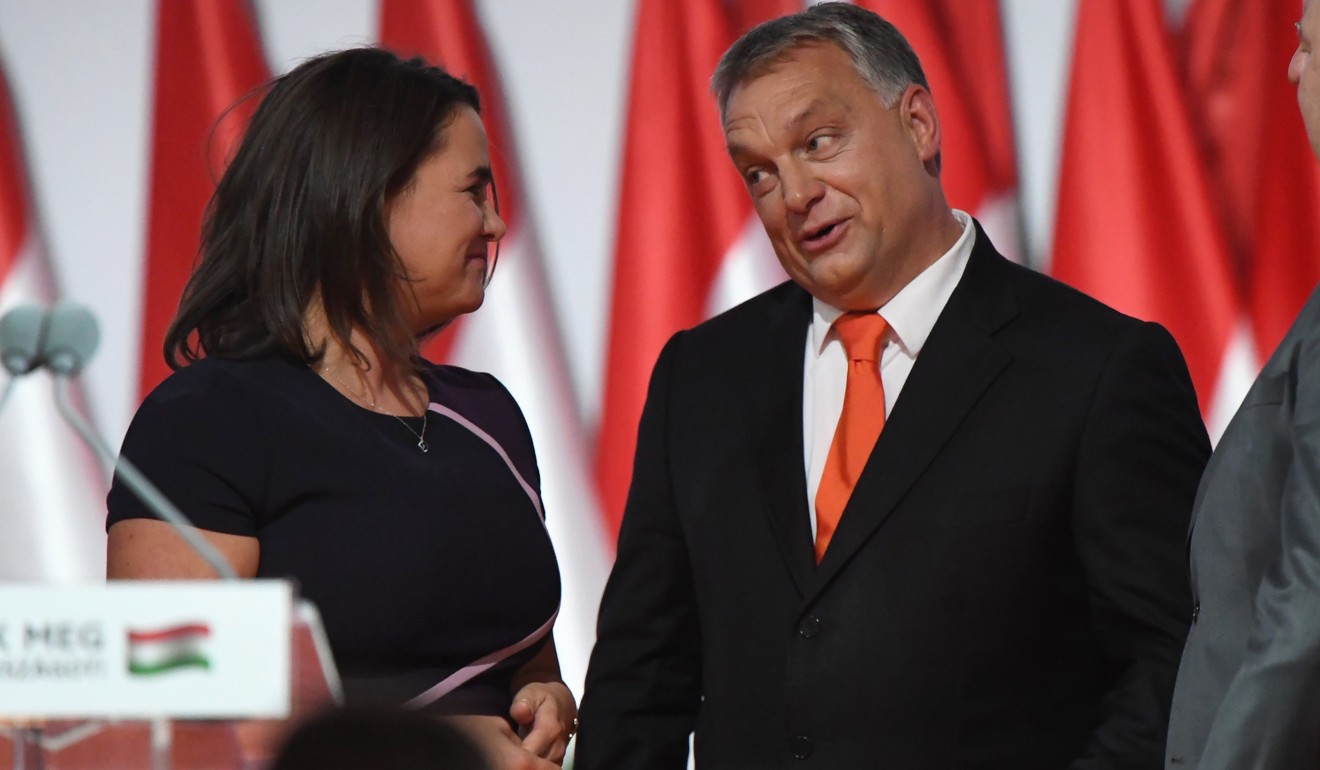
Hungary slams US intervention by offering to fund ‘objective media’ in upcoming elections
Hungary’s foreign minister on Wednesday accused the United States government of meddling in his country’s internal affairs and upcoming election campaign by offering to fund “objective media in Hungary.”
The US has expressed concerns about “negative trends” for press freedom in Hungary, such as a dwindling number of independent news outlets and the increasing control people close to the government have in the media market.
The US State Department last week called for grant applications from media outlets in Hungary based outside Budapest. One goal of the US$700,000 programme is to “improve the quality of local traditional and online media and increase the public’s access to reliable and unbiased information.”
Foreign Minister Peter Szijjarto said that the US move was “shocking and unusual” among allies.
“We don’t do such things and we expect our allies to refrain from doing so, as well,” Szijjarto said.

Over the past month, Hungary’s foreign ministry has twice summoned David Kostelancik, the charge d’affaires at the US embassy, over media issues. Kostelancik was first summoned after he spoke to the Hungarian Association of Journalists outlining the US view of local media.
The US-funded projects would be launched between May and July 2018, while Hungary’s elections will be in April.
Prime Minister Viktor Orban has often stated that he wanted to achieve majority Hungarian ownership in four economic sectors – media, energy, banking and retail. Only the retail sector, dominated by chain stores like Austria’s Spar, Auchan from France and Germany’s Lidl and Aldi, remains mostly in foreign hands.
The government has helped allies finance the acquisition of media outlets by placing copious state advertising in those publications and hardly any in independent or opposition outlets.
The closure of the leftist daily newspaper Nepszabadsag in October 2016 was a watershed moment in Hungary’s media landscape, which has changed significantly over the past year.
Practically all major newspapers published outside Budapest are now in the hands of pro-government publishers, some of whom also own television or radio stations.

